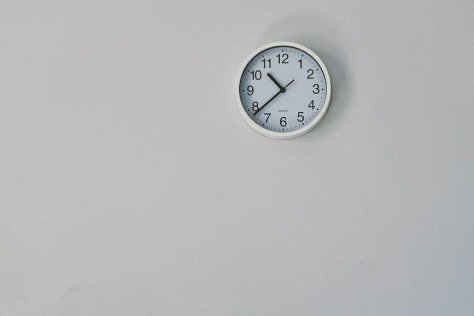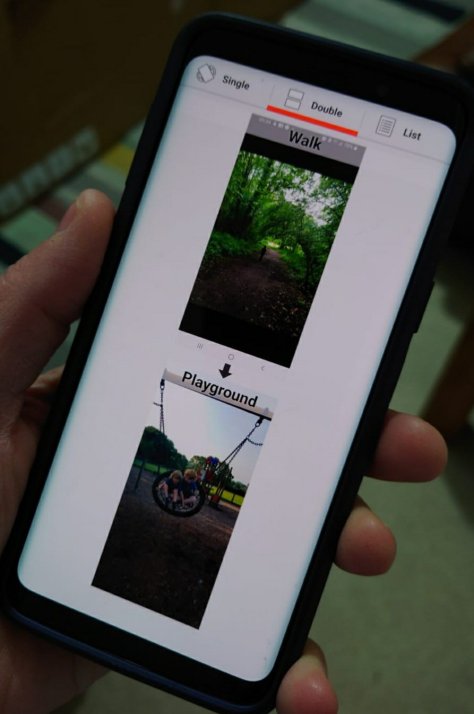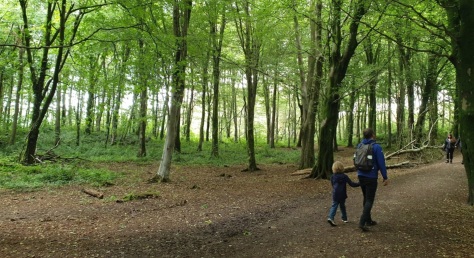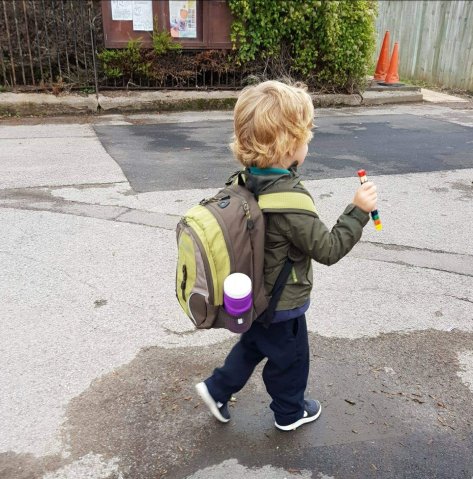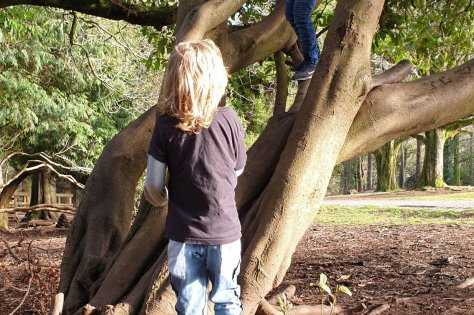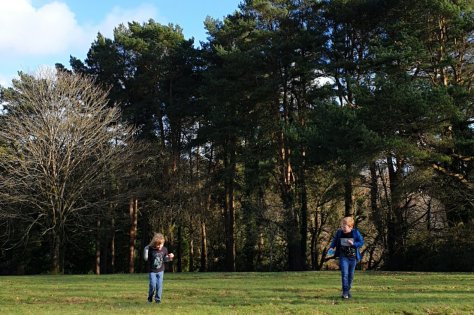So your child is not talking. They have missed saying their first word, the milestone of speech, or their ability to understand language. Your Google search will come up with many strategies and methods of encouraging engagement, prompting speech and communicating differently with your child, but there are many other ways you can communicate and engage, from using everyday items around your house to some of the latest technology.
There are strategies you will find and learn from speech therapists which are fantastic in developing communication skills, helping your child to understand everyday requests and helping them to tell you what they want.
I am a strong advocate of these methods. They are proven to work and I have seen the results with my own son. If you want more details you can read of these methods here, where I explain step by step in how to implement them and some real life examples.
But what I found when learning about communication and the tried and tested methods by professionals, is that you have the opportunity to adapt and tweet these methods to your environment. Additionally you can also introduce technological developments into the strategies as we move into a more digital age.
Times change. Our world evolves. Things modernise and although the fundamental strategies will always remain, we can adapt them, mold them and use them in different ways.
Six of these strategic adaptions are detailed below.
Photos
A lot of visual communication aids make use of universal symbols. But there is no rule that you have to use these. The objective is to communicate, and this can be easily done with taking photos of items you use most often or your child, for example doing activities or visiting places.
Photos are great, because with today’s technology we all have a camera in our back pockets with the ability to take the photos wherever we go.
When words are not an option for communication due to barriers to understanding and language processing, a photo tells a thousand words.
Leaflets
Leaflets are a great resource and worth collecting when you see them, or even when you are at a location to store for future.
It is dependent on the individual, but leaflets can consume a lot of space and aren’t freely available when you need them at that split second moment.
However they are a great communication options to add to the collection.
Books
An adaption of the Social stories strategy, books are an amazing tool for communication. A lot of stories for children are based around a specific scenario, for example a trip to the dentist, or the supermarket, or when granny came to stay.
Whether the story is centered around our well known Peppa Pig family or a little girl’s first day a school, they all come with a message and a sequence of events.
If a new outing or visit is planned in for the future, reading a book about the experience is a great way to introduce familiarity about the event and a reference point to relate back to when the time arrives.
Even consider taking the book with you to refer back to, is always a good shout.
Cartoons
Our children love a bit of telly, and although we may think the majority is a load of codswallop and cringe as we hear the theme tune emanating through our television speakers for the hundredth time, there is some value in children’s television episodes.
Not all children’s cartoons follow the model but the majority do. They center around a story or theme and message that is being portrayed.
In a familiar fashion to books, episodes of a bunch of paw patrol pups rushing into the fire station or the poor kid from Fireman Sam getting into a pickle once again, we can use the stories to highlight a new event or activity we have planned.
On our last visit to the beach son, we acted out a Peppa Pig episode about Georges sandcastles, which encouraged engagement, imaginative play and family interaction.
Video
There is nothing better than the video of an activity, attraction or location. If YouTube is not giving you the options you need, search videos by Google and watch a visit to the dentist or local attraction.
There is also nothing more powerful than your child watching themselves on video from a previous visit. Record outings and save them in easy-to-find folders on your phone or PC. Then the next time, instead of using words to communicate where you are planning to visit, you can communicate with the aid of a video illustrating your previous experience.
YouTube
YouTube is an amazing catalogue of resources. Take your pick and you are guarenteed to find a video that will be of benefit to your situation.
A few years ago I was determined to introduce a balance bike to my son’s activities, with the hope that a zoom through the park would be on the cards.
I did everything to demonstrate the mechanism of the push vehicle only to be met with blank stares and a pair of painful quad muscles from attempting a ride on a bike too small for my physical build.
YouTube saved us when I found a video of a child pushing himself around a skate park on a balance bike.
It wasn’t a fancy video, just a ten minute clip of a child riding. But with the ability to repeat the clip, I played it on our television, over and over again, allowing my son to become familiar with the activity and gain knowledge of what the two wheeled piece of apparatus in the corner could be used for.
Familiarity of a new activity or experience is always best shown multiple times to gain awareness and comfort. The foundations of what is expected take away the fear when the real life item is presented.
Webcams
Thank goodness for technology and the virtual power of the Internet.
Previously I would spend hours finding pictures of places and items, then printing and laminating them to allow a method of communication for my son. But there was a great tool that gave him the real life experience from the comfort of his home.
Webcams of beaches, local attractions and public venues are great to allow our children to see where you are going and what it actually looks like. The video gives added value compared to a flat two dimensional picture.
Use Google to search the location you plan to visit plus the word “webcam” to see if you can get a live image stream.
Virtual Reality
Often technology and fancy geeky gadgets can put those less techy folk off, but virtual reality is a great tool and with today’s advances it is easily available for anyone to try at a very low cost.
There are many apps that are VR enabled and allow a virtual experience of the outside world from the comfort of your own home.
However, as a communication mechanism, google maps are one of the best tools you can use to communicate where you are going and give a real life experience of the location without actually going there.
With the use of your smart phone, the only additional piece of kit you will need is a VR headset. If you are not sure this is something you want to venture into or just want to have a go without breaking the bank, the purchase of Google Cardboard will get you into the VR world for only a few pounds.
Google cardboard will give you an insight into the virtual world, but if you want to get a more durable headset, there are many on the market, but I would recommend Samsung gear as a good headset to provide you with all the functionality you would need.
For more information on the use of VR with Google click here.
If you are new to finding ways to communicate with your child who is not yet speaking, have a look at the different strategies here.
Also check out all our posts via the different social media channels below.














